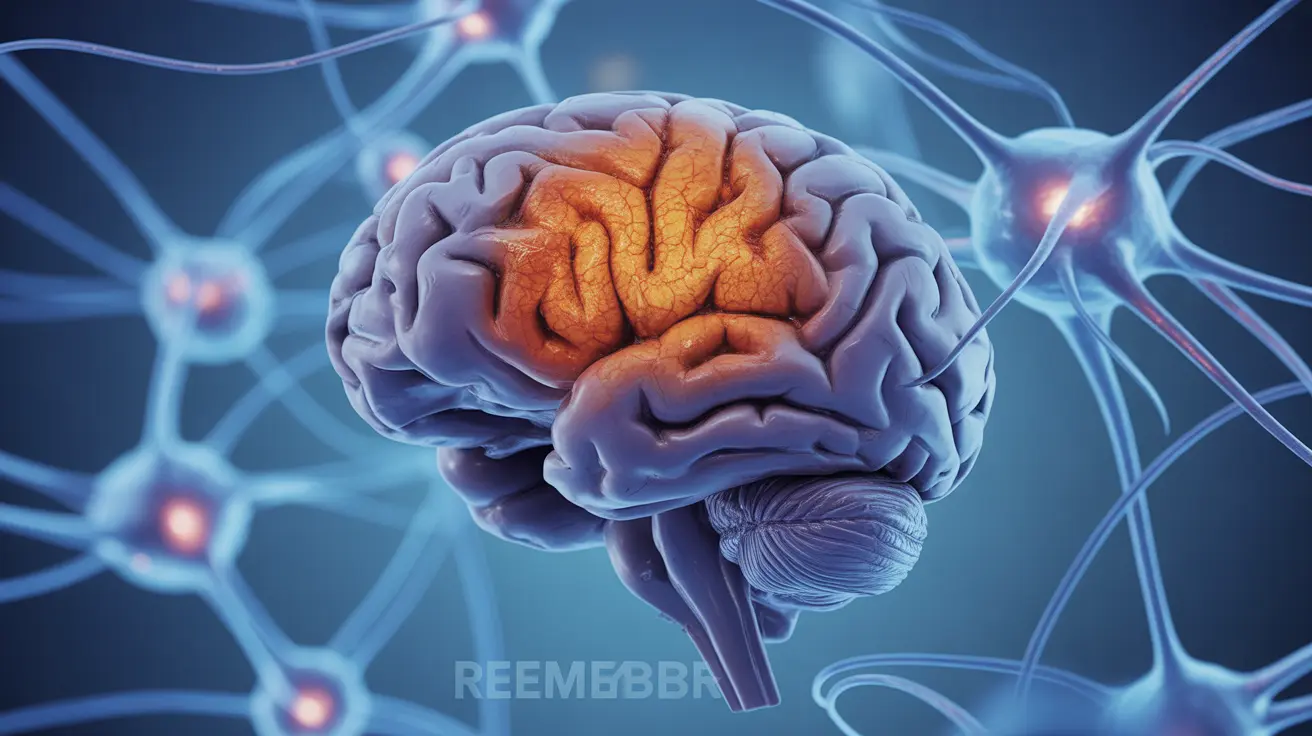The relationship between alcohol consumption and memory loss is a significant concern that affects millions of people worldwide. Whether through occasional heavy drinking or long-term alcohol use, the effects of alcohol on memory can range from temporary lapses to severe cognitive impairment.
Understanding how alcohol impacts memory function is crucial for making informed decisions about drinking habits and recognizing potential risks to cognitive health. Let's explore the various ways alcohol affects memory and what you can do to protect your brain health.
Short-Term Memory Effects of Alcohol
Alcohol's immediate impact on memory primarily affects the brain's ability to form new memories during drinking episodes. This phenomenon occurs because alcohol interferes with the hippocampus, a crucial brain region responsible for memory formation.
When someone drinks heavily in a single session, they may experience:
- Difficulty remembering recent events
- Fragmented memories of the drinking episode
- Complete blackouts where entire periods are forgotten
- Impaired ability to learn new information
Understanding Alcohol Blackouts
Blackouts represent a severe form of alcohol-induced memory impairment where the brain temporarily loses its ability to create new memories. These episodes occur when blood alcohol levels rise quickly, typically during binge drinking sessions.
Long-Term Effects on Memory and Cognition
Chronic alcohol use can lead to lasting changes in brain structure and function. Regular heavy drinking may result in:
- Shrinkage of brain tissue
- Damage to neural pathways
- Reduced ability to recall past events
- Increased risk of developing dementia
- Permanent cognitive impairment
The Role of Vitamin B1 Deficiency
Long-term alcohol use often leads to thiamine (vitamin B1) deficiency, which can cause serious memory problems. This deficiency may result in Wernicke-Korsakoff syndrome, a severe brain disorder characterized by confusion, memory loss, and difficulty with coordination.
Prevention and Recovery Strategies
Taking steps to prevent alcohol-related memory loss is essential for maintaining cognitive health. Key strategies include:
- Limiting alcohol consumption to moderate levels
- Maintaining proper nutrition, especially B-vitamin intake
- Staying hydrated while drinking
- Seeking professional help for alcohol use disorders
- Getting regular exercise and adequate sleep
Supporting Brain Health
Supporting overall brain health can help minimize the risk of alcohol-related memory problems. This includes:
- Eating a balanced diet rich in nutrients
- Taking prescribed supplements when recommended
- Engaging in regular mental stimulation
- Managing stress effectively
- Maintaining social connections
Frequently Asked Questions
Does drinking alcohol cause short-term memory loss or blackouts?
Yes, alcohol can cause short-term memory loss and blackouts, particularly during heavy drinking episodes. These effects occur because alcohol interferes with the brain's ability to transfer information from short-term to long-term memory storage.
How does heavy alcohol use lead to long-term memory loss and dementia?
Heavy alcohol use can damage brain cells and neural connections over time, leading to permanent memory problems and increased dementia risk. Chronic alcohol use also causes brain shrinkage and disrupts essential cognitive processes.
Why does alcohol affect the brain's ability to form new memories?
Alcohol disrupts the function of the hippocampus, the brain region responsible for forming new memories. It also interferes with neurotransmitters that are crucial for memory formation and retention.
Can vitamin B1 deficiency from alcohol contribute to memory problems?
Yes, alcohol abuse often leads to vitamin B1 (thiamine) deficiency, which can cause serious memory problems including Wernicke-Korsakoff syndrome, a severe form of brain damage characterized by chronic memory issues.
What steps can I take to prevent or reduce memory loss related to alcohol consumption?
To prevent alcohol-related memory loss, limit alcohol intake, maintain good nutrition, stay hydrated, and seek professional help if needed. Regular exercise, adequate sleep, and mental stimulation can also help protect cognitive function.




